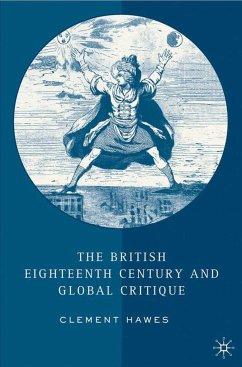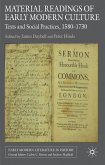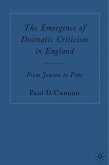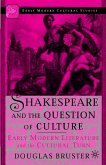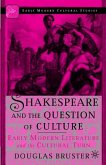The British Eighteenth Century and the Postcolonial Moment challenges reigning clichés about 'modernity'. It intervenes in debates within current literary theory by means of a close engagement with texts from the British eighteenth-century, viewing the latter as a resource for the contemporary postcolonial future. Indeed, rather than 'applying' postcolonial theory to eighteenth-century texts, the book instead refines postcolonial theory by using such eighteenth-century authors as Swift, Gay, Johnson, Sterne, and Equiano. The book will interest eighteenth-century scholars, historians of the Enlightenment, scholars of postcolonial fiction, and literary historians following in the wake of Michel Foucault and Edward Said.
"Hawes' study on the eighteenth century as a seed-bed of modernity is a well-researched, erudite study which is of value not only to those who are students of the eighteenth century, but also those who have long been immersed in the study of that time will find an interesting new twist on some of the established texts which might make them think anew about a time they thought they knew so well." - ECCB"Hawes's book, however, is a valuable assesment of how the topoi of race, ethnicity, class, and nationality were internal, not created by, Enlightenment discourse, suggesting that 'the oppositional themes of our own moment replay a great many eighteenth-century debates.' By doing so, it makes a good case for the postcolonial re-readings of the era and its art." - 1650-1850: Ideas, Aesthetics, and Inquiries in the Early Modern Era

